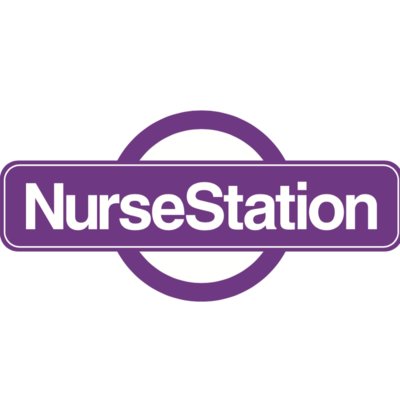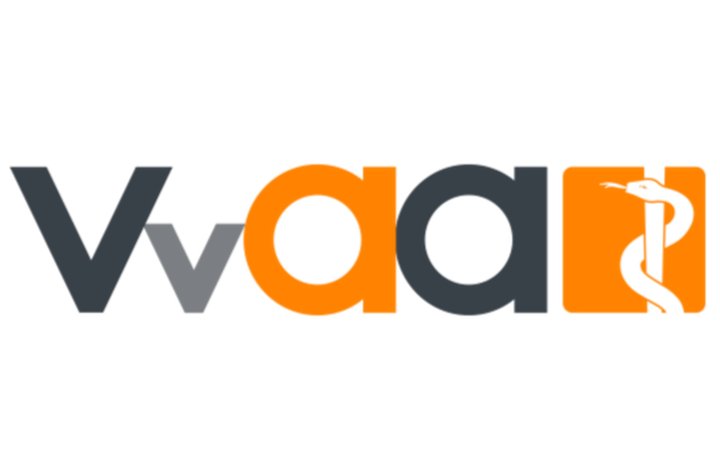University of Hertfordshire 2024
 I chose Nepal because of its rich cultural diversity and the opportunity to experience a healthcare system very different from the NHS. I had heard that overseas placements significantly enhance learning and personal growth, and I wanted to challenge myself in a setting where healthcare practices and accessibility differ greatly.
I chose Nepal because of its rich cultural diversity and the opportunity to experience a healthcare system very different from the NHS. I had heard that overseas placements significantly enhance learning and personal growth, and I wanted to challenge myself in a setting where healthcare practices and accessibility differ greatly.
My goal was to gain a deeper understanding of global health disparities and to appreciate the NHS even more.
My first impression of the emergency department was one of surprise. The department was divided into three zones: red for critical resuscitation cases, yellow for intermediate and respiratory cases, and green for minor emergencies.
It was initially shocking to see multiple patients sharing a single bed in the yellow and green zones, which are unheard of in the UK. Despite the apparent chaos at first impression, in time, it was clear that the system was well-organised and functioned efficiently within its context, which was an eye-opener for me.
During my placement, I gained significant hands-on experience in reading ABGs, interpreting blood test results and X-rays, and honing my cannulation and IV/IM drug administration skills.
Additionally, I mastered manually taking blood pressure — a skill that’s often overlooked in the UK ambulance service as we have our lifepak15’s that automatically do this for us.
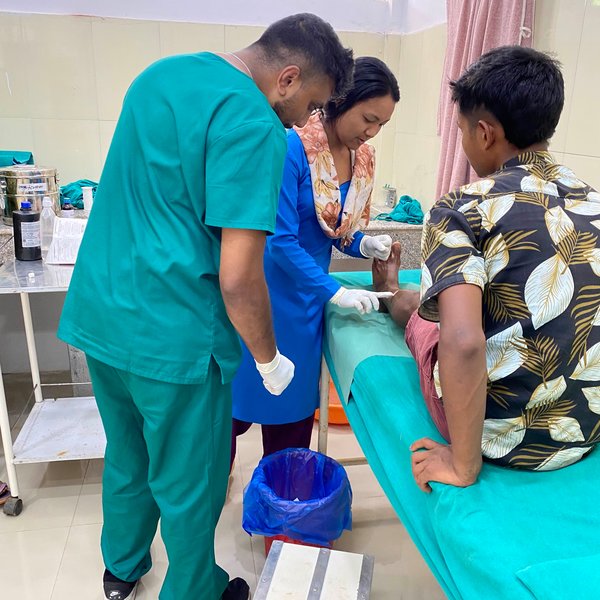 The constant practice in a resource-limited environment helped solidify these skills in a way that theoretical learning alone couldn’t achieve.
The constant practice in a resource-limited environment helped solidify these skills in a way that theoretical learning alone couldn’t achieve.
One of the most memorable cases I encountered was an abdominal perforation due to NSAID use and malnutrition from a duodenal ulcer.
The patient had delayed seeking medical attention due to living far from the nearest health facility and the relatively high cost of examination & treatment, which led to a severe condition not commonly seen in the UK, where healthcare is more accessible.
This case highlighted the critical impact of healthcare accessibility on patient outcomes and provided a real-life example of how delayed treatment can lead to textbook disease presentations.
The healthcare system in Nepal is starkly different from the NHS in the UK. In Nepal, patients or their families must pay for treatment upfront, creating significant barriers to timely care.
This financial requirement can delay critical interventions, something unimaginable in the UK where healthcare services are free at the first point of contact. Additionally, the approach to patient consent is different; Nepal has a deep trust in healthcare providers, leading to a more streamlined consent process. This differs from the UK, where informed consent is a cornerstone of patient care. The resource constraints in Nepal also foster a culture of ingenuity among healthcare professionals, who often must improvise with limited supplies and equipment.
Evenings at the Work the World house were always lively and fun. Every Thursday, we had a weekly BBQ, a great way to unwind and bond with housemates.
The language lessons provided were incredibly beneficial, not only for patient interactions but also for engaging with the local community.
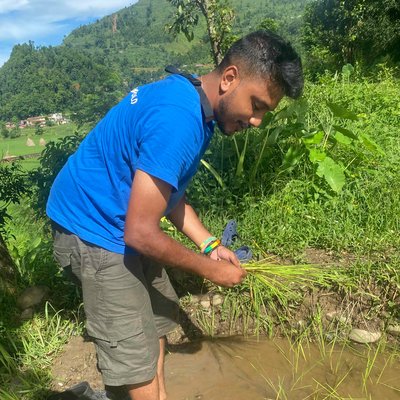 On weekends, we took trips to places like Chitwan for a safari, Nagarkot, and explored the ancient city of Bhaktapur.
On weekends, we took trips to places like Chitwan for a safari, Nagarkot, and explored the ancient city of Bhaktapur.
We also enjoyed exploring Thamel, the vibrant tourist district in Kathmandu, where we indulged in local treats like ice cream and shopped for unique souvenirs. One of the highlights for me was travelling to Everest viewpoint, where I saw Mount Everest, which was a unique and once-in-a-lifetime experience!
Undertaking this placement overseas has been transformative for me, personally and professionally.
It has broadened my understanding of global health challenges and made me more adaptable and resourceful. The experience has enhanced my clinical skills and deepened my empathy and cultural sensitivity, qualities that will be invaluable in my future career.
I’ve grown as a person, and the lessons I’ve learned and the people I met will stay with me for a lifetime.
I would encourage any student considering a Work the World placement to go for it with an open mind and a willingness to embrace new challenges. The experience will push you out of your comfort zone and provide invaluable insights you can’t get from textbooks alone.
It’s an opportunity to grow both professionally and personally, and the memories you create will be with you forever. The support from the Work the World team ensures that even in the most challenging moments, you’ll never feel alone and that you’ll have the best experience of your life. I will never forget my month in Nepal.
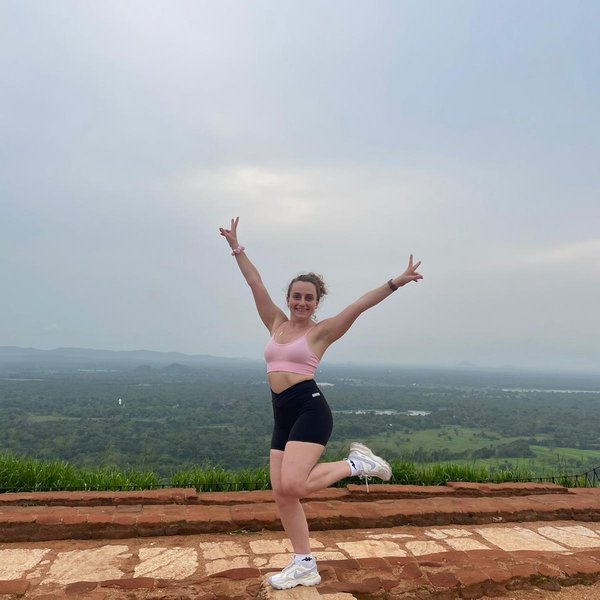
Start Your Journey
Want to go on your own once-in-a-lifetime adventure? Get started below:
Want to go on your own once-in-a-lifetime adventure? Get started below:

%20(Thumbnail).png)
.png)
.jpeg)
